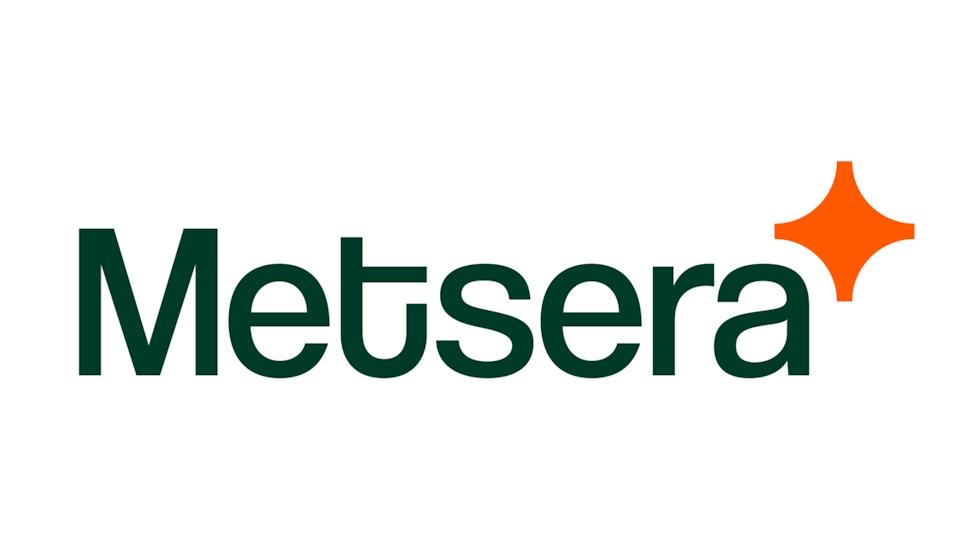EFPIA chief lauds EC’s strategic working agenda

A new European Commission staff working document putting the pharmaceutical industry at the heart of Europe's economic growth prospects has been welcomed by Richard Bergström, Director General of the European Federation of Pharmaceutical Industries and Associations (EFPIA).
The document, Pharmaceutical Industry: A Strategic Sector for the European Economy marks a significant move towards an integrated life sciences strategy for Europe. The working document takes stock of the sector's current situation, focusing on developments made in recent years as the first step in preparing for a new strategic agenda.
Speaking about the publication, Richard Bergström said: "It is encouraging to see the European Commission's acknowledgement of the importance and value the pharmaceutical industry brings to not just the health and wellbeing of citizens but also the economic wellbeing of nations. This paper is a positive step towards establishing the industry's rightful position as a viable growth agent for Europe. The paper's recognition of the many significant hurdles and barriers we face, in particular around intellectual property protection, is a positive step towards finding solutions. Only through this recognition, and public policy support, will our industry be able to deliver fully on its promise in tackling unmet medical need, improving health outcomes, tackling health inequalities and generating jobs and growth."
The paper highlights several points for strategic focus including:
• The presence of a viable pharmaceutical industry contributes to the health and the quality of life of European citizens by providing remedies to an increasing number of patients, through more timely, widespread and equal access to pharmaceuticals.
• Intellectual property rights related to pharmaceuticals have gained prominence in debates about intellectual property rights policy. They have been at the forefront in discussions about the impact of intellectual property rights in terms of the access to medicines, particularly in developing countries. In the light of these divergent views, European companies are often faced with significantly lower levels of intellectual property protection in third countries, particularly in emerging economies. Challenges range from a lack of, or non-enforcement of, patents to the disclosure or reliance on data submitted by the original manufacturer for obtaining a marketing authorisation by regulatory authorities, thus depriving companies of the economic benefits of their investments.
• Assessing pharmaceutical expenditure also requires taking into account the effects on other health-related costs as well as the overall implications for industrial competitiveness and external trade.
The paper suggests a comprehensive approach to streamlining the policy formulation processes impacting the pharmaceutical industry at European and Member State level. The EC will organise an event bringing together relevant EU and national public and private stakeholders.
In June 2014 EFPIA published its own paper outlining steps towards an integrated strategy for the life sciences sector in Europe: Health & Growth – Working together for a healthy Europe calls for a new generation of partnerships and collaborative solutions to address the EU's growing health and competitiveness challenges. The paper lays out a strong case for placing the pharmaceutical industry at the heart of European economic reform and growth.
It calls for greater political collaboration to agree a comprehensive strategy for life sciences, based on three separate but interdependent pillars: improvement of health outcomes and removal of inequalities to better patient benefits; support for sustainable and predictable healthcare systems to speed access to medicines, and the building of a thriving innovative life sciences sector to promote European competitiveness.
Links
Europe votes for clinical trial transparency law
Pharma: time to take a dose of digital











